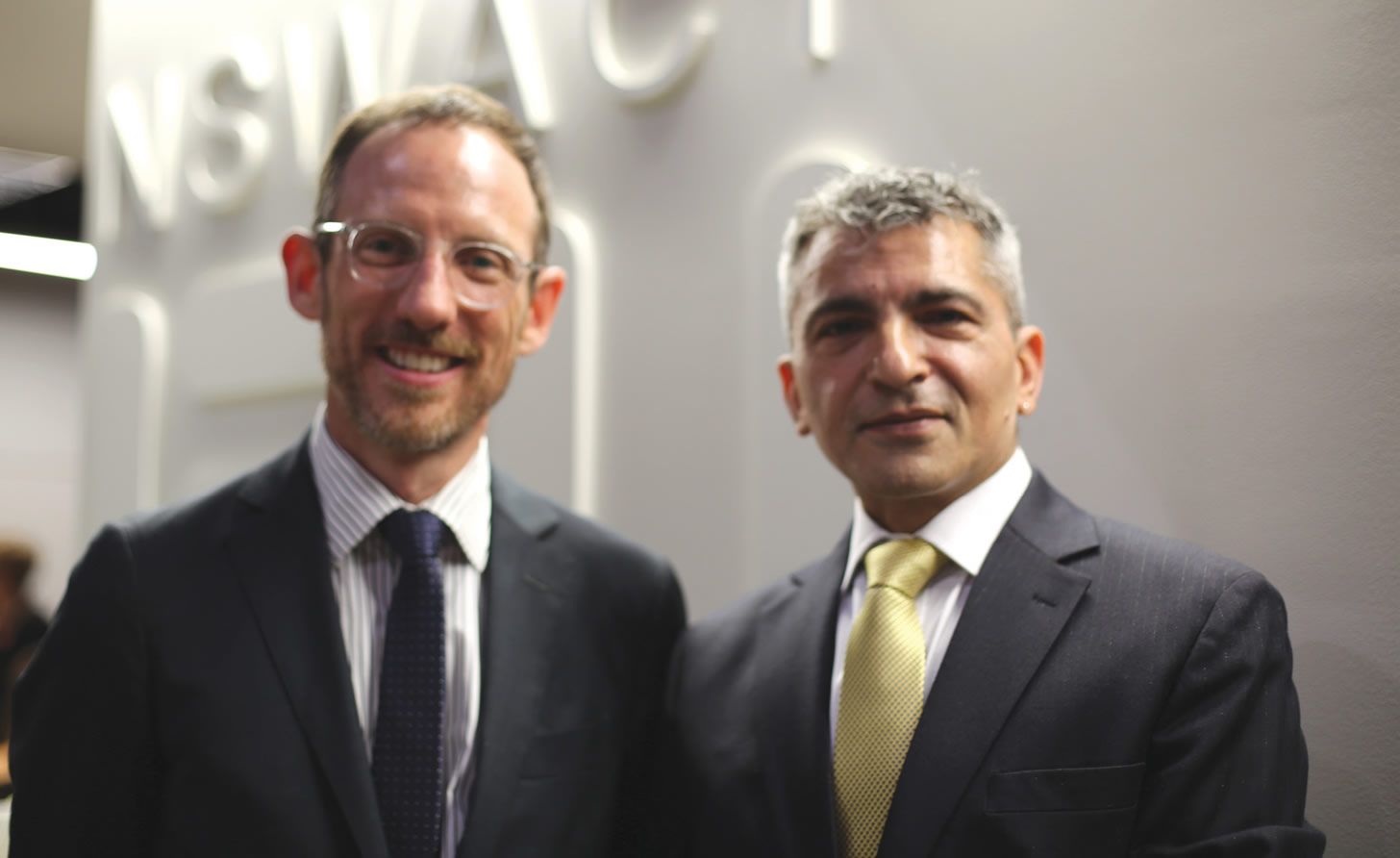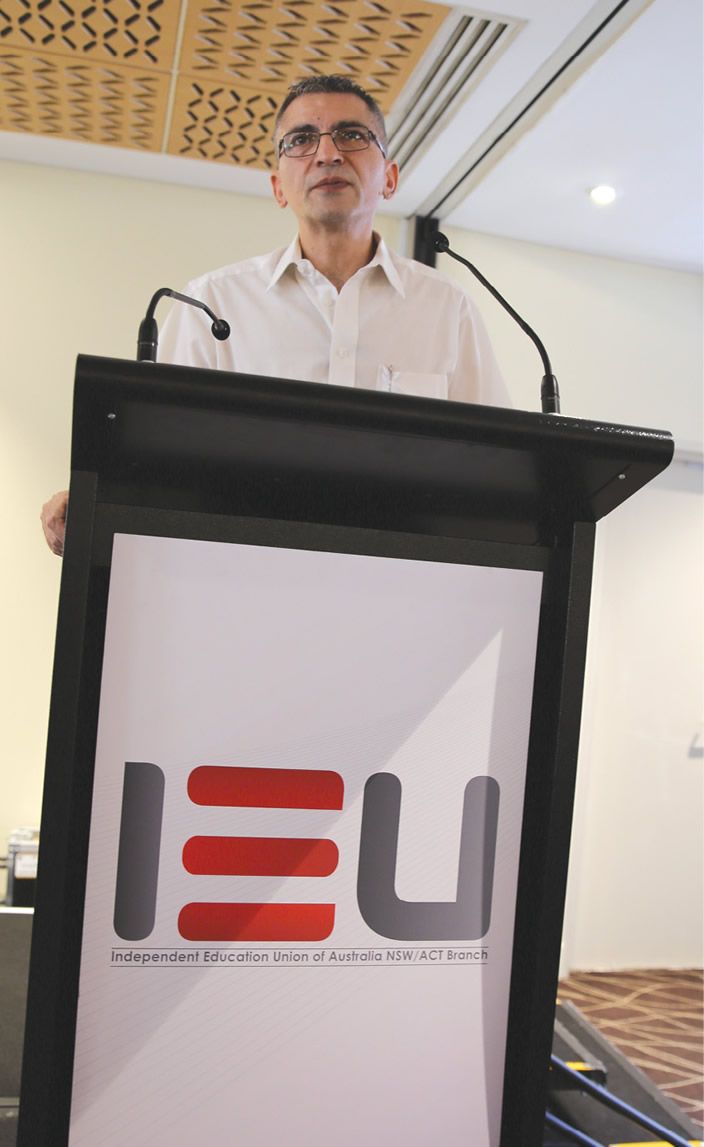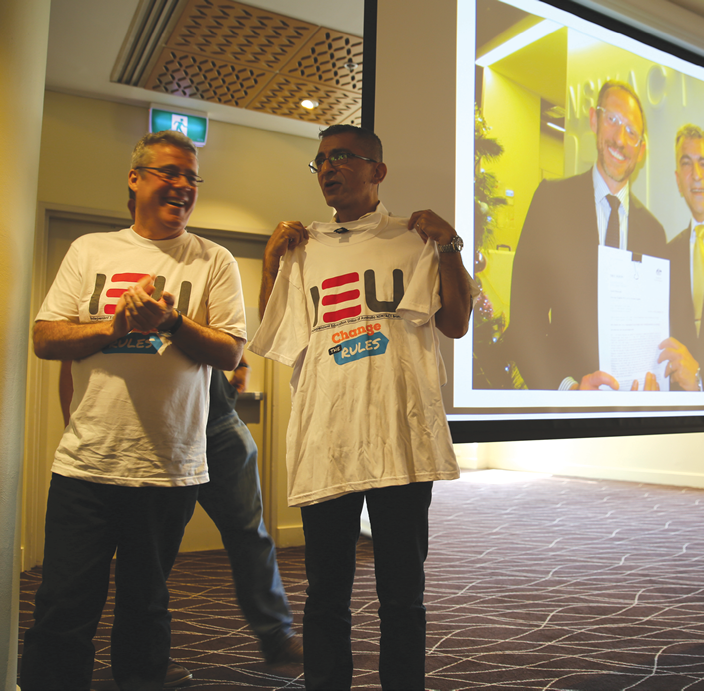On behalf of Khayam, the Union argued that Navitas made a deliberate and considered decision to end the employment, while the employer continued to maintain that Khayam’s employment simply ended with the expiration of the contract.
When the Full Bench handed down its decision on 8 December 2017 it increased the rights for employees on outer limits contracts to be able to access the FWC so as to argue that they have been unfairly dismissed.
Indeed, the decision has created a series of new principles that are applied to such workers. The principles established in Khayam v Navitas English Pty Ltd [2017] FWCFB 5162 are now regularly referred to in unfair dismissal cases across Australia.
In what is now known as the ‘Khayam decision’, the Full Bench of the Commission set a ground breaking new legal precedent for workers on fixed term contracts, when they found in Khayam’s favour.
Contract workers now have the right to claim unfair dismissal, and the employer cannot use the end of their contractual term as an excuse for dismissal.
“Saied has done the heavy lifting for his fellow teachers and Australian workers more broadly,” IEUA NSW/ACT Branch Secretary John Quessy said.
“His brave actions, with the support of the union movement, have shown it is possible to Change the Rules and achieve better outcomes for workers,” Quessy said.
Khayam agreed: “I am so glad a legal precedent which may help others is the end result. There’s so much movement away from people’s rights and the union movement nowadays.
“More people are being put on contracts, so this kind of law is needed.
“I’m grateful to the IEU for sticking with this case and supporting me all the way.”
Khayam admits the 18 month legal proceedings took a toll on him and his family, but said it was worth it.
“I’m a firm believer in standing up for what is right, and if you are prepared to fight long and hard for it, eventually you will win.
“I would like all Australians – and other nationalities – to know the outcome of this case, employers and employees alike: employers, lest they forget that we have rights; and employees, lest we forget that unless we are prepared to fight for our rights, we will get steamrolled.
“I would also like this to be an example to others. This time, I was fortunate enough to be in a position to fight for the collective, and I will do so again if required.
“However, chances are that I will not be in such a position again. I would like my case to be known by all, in the hope that it will encourage more people into collective action via the Union, to safeguard, maintain and uphold their rights and the rights of all employees, current and in the future.”
Khayam has been caring for his two young daughters and trying to find a job that fits in with that commitment since the case finalised.










































































































































